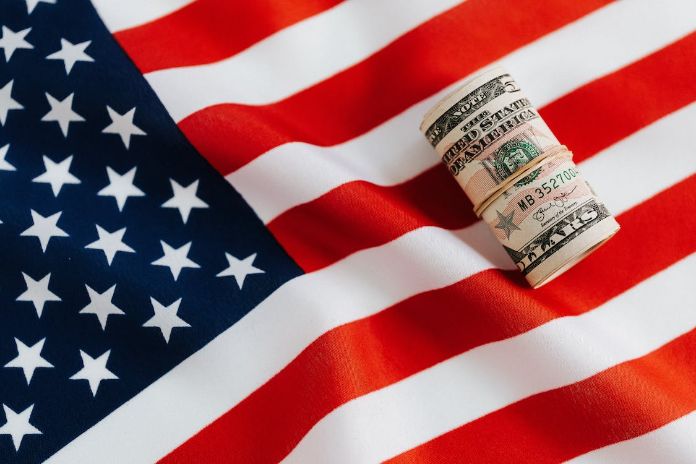VA loans for homes are mortgage loans that are offered by the U.S. Department of Veterans Affairs (VA). Veterans, service members, and surviving spouses can use VA loans to buy homes with a competitive interest rate, no private mortgage insurance, and, little or no down payment.
How Do I Go About Getting a VA Loan?
A home can be purchased with a VA loan. by active service members, veterans, and their surviving spouses. They give up to 100% of a home’s value in loans. A qualified borrower can use a VA loan to buy or build a home, make improvements or repairs to a home, or refinance a mortgage.
The VA decides who is eligible, sets the terms of the mortgages that are available, and backs the loan, but it does not provide the money. Private lenders, like banks and mortgage companies, are the ones who give out VA home loans.
Borrowers must show a certificate of eligibility from the VA when they apply for a loan. To get the certificate, you must show proof of service, which can be different if you are in the military or a veteran. You can get the certificate from the VA website. Even though you still have to meet some of the lender’s underwriting requirements, it’s usually easier to get a VA loan for a home than a conventional loan.
Ginnie Mae, or the Government National Mortgage Association (GNMA), securitizes VA, FHA, and other loans insured by government departments in the United States. These securities are backed by the US government’s promise not to let them go bad.
A borrower may submit more than one VA loan application. However, the funding fee goes up the second time if the down payment is less than 5%. Fees are from 1.4% to 3.6% of the loan amount.
VA Loan Requirements
When compared to other mortgages and even other federal loan programs, VA loans for homes have pretty good terms. Some of the advantages are:
-
-
- No down payment is needed unless the lender says so or the price of the home is more than what the property is worth.
- Private mortgage insurance is not required by the law.
- The seller may pay some or all of the closing costs.
- If the borrower pays off the loan early, there is no penalty.
- The VA helps borrowers avoid going into default.
-
Lenders have different minimum credit score requirements. The VA’s only credit requirement is that a lender thinks the borrower is a good credit risk. No matter which lender you choose, the benefits of a VA loan are the same.
Varieties of VA Loans
The VA has a few different kinds of home loans:
Loans for buying homes
Low-interest VA home purchase loans help veterans buy a home. Most of the time, these purchases don’t require a down payment or private mortgage insurance.
Cash-out refinance loans
Cash-out refinance loans let homeowners use their home equity as collateral to borrow money to pay off debt, pay for school, or make home improvements. This option gives you a new mortgage that is bigger than the one you already have and turns your home equity into cash.
Interest Rate Reduction Refinance Loan
IRRRLs, which are also called VA streamline refinance loans, help borrowers lower their interest rates by refinancing an existing VA loan. With this VA-to-VA loan process, people who already have a VA loan can refinance a fixed-rate loan at a lower interest rate or change an adjustable-rate mortgage (ARM) into a fixed-rate mortgage.
Native American Direct Loans
Native American Direct Loans help Native American veterans who are eligible to buy, build, or improve homes on federal trust land. There are also lower interest rates on these loans.
The VA also offers grants to help people fix up their homes. These grants help veterans living with a total, and permanent disability related to their service buy or build a home that is set up for their disability or make changes to an existing home.
Featured Image: Pexels © Karolina Grabowska







